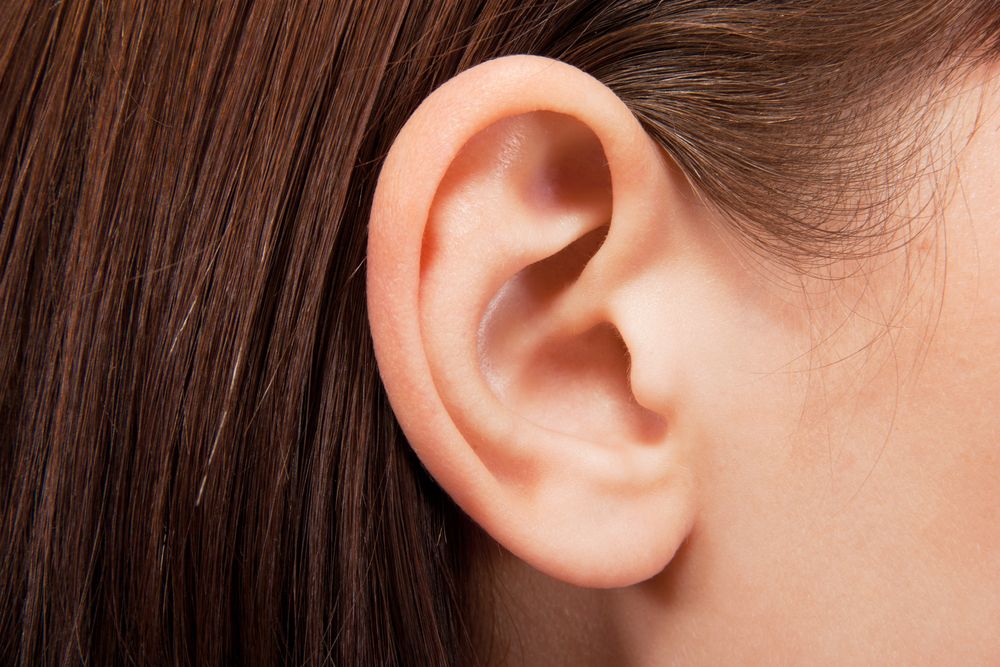We’ve all been there. You’re driving down the road, blasting your favorite tunes, and before you know it, you’re tapping your feet and nodding your head to the beat. But what exactly is going on in your brain when you listen to music? Let’s find out.
When you listen to music, different parts of your brain start to work together to process the sound and the emotions conveyed by the tune. The auditory cortex is responsible for decoding the melody and rhythm, while the motor cortex coordinates your physical movements, such as foot-tapping and head-bobbing. At the same time, the emotional center of your brain, known as the limbic system, responds to the mood and feelings expressed in the music.
So, why does music have such a strong impact on our emotions? The answer lies in evolution. Our ancestors used music as a way to communicate and bond with each other, and our brains have developed over time to respond to music in a similar way. This means that music has a direct link to our emotions, bypassing our logical thinking and tapping into our deepest feelings.
But music isn’t just powerful because of its emotional impact. It also has the ability to bring people together and create a sense of community. Have you ever been to a concert and felt a sense of unity with the people around you? This is because music has the power to synchronize our movements and emotions, resulting in a shared experience. It’s like a musical group hug for your brain!
Do men and women experience music differently?
Research has shown that there are some gender-based differences in how people experience music. However, it is important to note that these differences are not absolute and can vary greatly from person to person.
One study found that women tend to be more sensitive to the emotional content of music, while men tend to be more focused on the rhythm and beat. This may be because women, on average, tend to have a stronger connection between the auditory cortex, which processes sound, and the limbic system, which controls emotions.
Additionally, some research has suggested that women tend to have a greater preference for mellower, more complex music, while men tend to prefer more energetic and simple music. However, this difference is not universal and can vary greatly depending on individual preferences and cultural influences.
It’s also worth noting that there is no clear scientific consensus on these differences, and more research is needed to fully understand the potential gender-based differences in how people experience music.
In the end, it’s important to remember that everyone experiences music differently, regardless of gender. The way someone experiences music is influenced by a variety of factors, including their individual preferences, cultural background, and personal experiences. So, whether you’re a man or a woman, the most important thing is to listen to the music that speaks to you and makes you feel good.
So, what about those who claim they don’t like music? Science suggests that this simply isn’t possible. Every culture on Earth has some form of music, which indicates that our love for music is built into our DNA. So, if you think you don’t like music, it may be that you just haven’t found the right genre yet.
Listening to music can have a range of health benefits, including:
- Reducing stress and anxiety: Research has shown that listening to calming music can lower levels of the stress hormone cortisol and decrease feelings of anxiety. This can help you relax, reduce tension, and improve your overall mood.
- Improving sleep quality: Certain types of music, such as classical or lullabies, can help you fall asleep faster and stay asleep longer. The calming effect of music can also reduce the stress and anxiety that can interfere with sleep.
- Boosting mood: Music has the ability to evoke emotions and memories, which can have a positive impact on your mood. Whether you’re feeling sad, happy, or anything in between, listening to music that resonates with your emotions can help you feel better.
- Enhancing physical performance: Upbeat music has been shown to boost physical performance by increasing motivation and reducing feelings of fatigue. This is why many athletes listen to music when they work out.
- Improving cognitive function: Research has suggested that listening to music can improve cognitive function, particularly in areas such as memory, focus, and creativity. This is because music engages multiple areas of the brain, promoting brain connectivity and stimulating neural plasticity.
It’s important to note that not all music is created equal when it comes to health benefits. Some types of music, such as heavy metal or other forms of loud, aggressive music, can have the opposite effect, increasing stress levels and interfering with sleep quality. To get the most health benefits from music, it’s best to listen to calming, relaxing tunes that resonate with your emotions and preferences.
To sum it up, music is more than just a fun hobby. It’s a powerful tool that affects our emotions, movements, and social connections. So, the next time you get lost in the music, remember: it’s not your fault, it’s your brain that’s in control. So, turn up the volume and let the music take over! Your brain will thank you.




